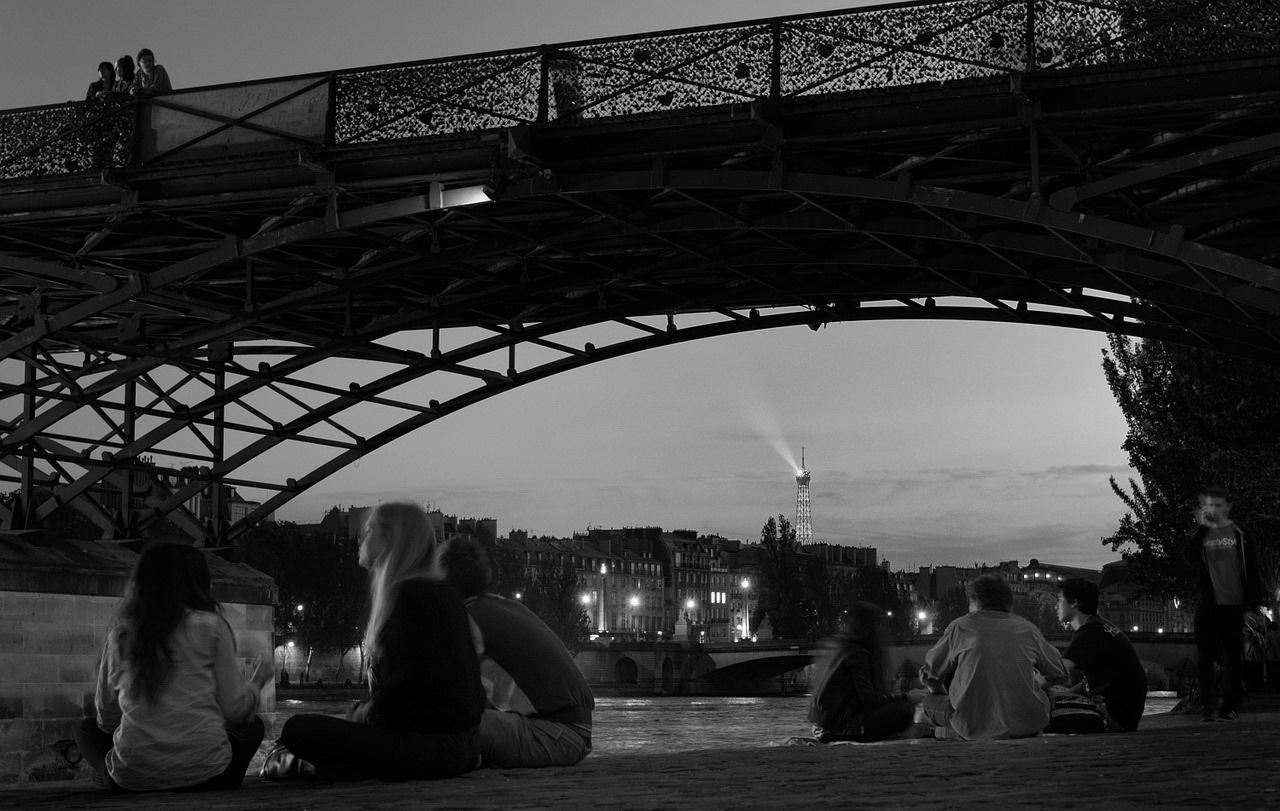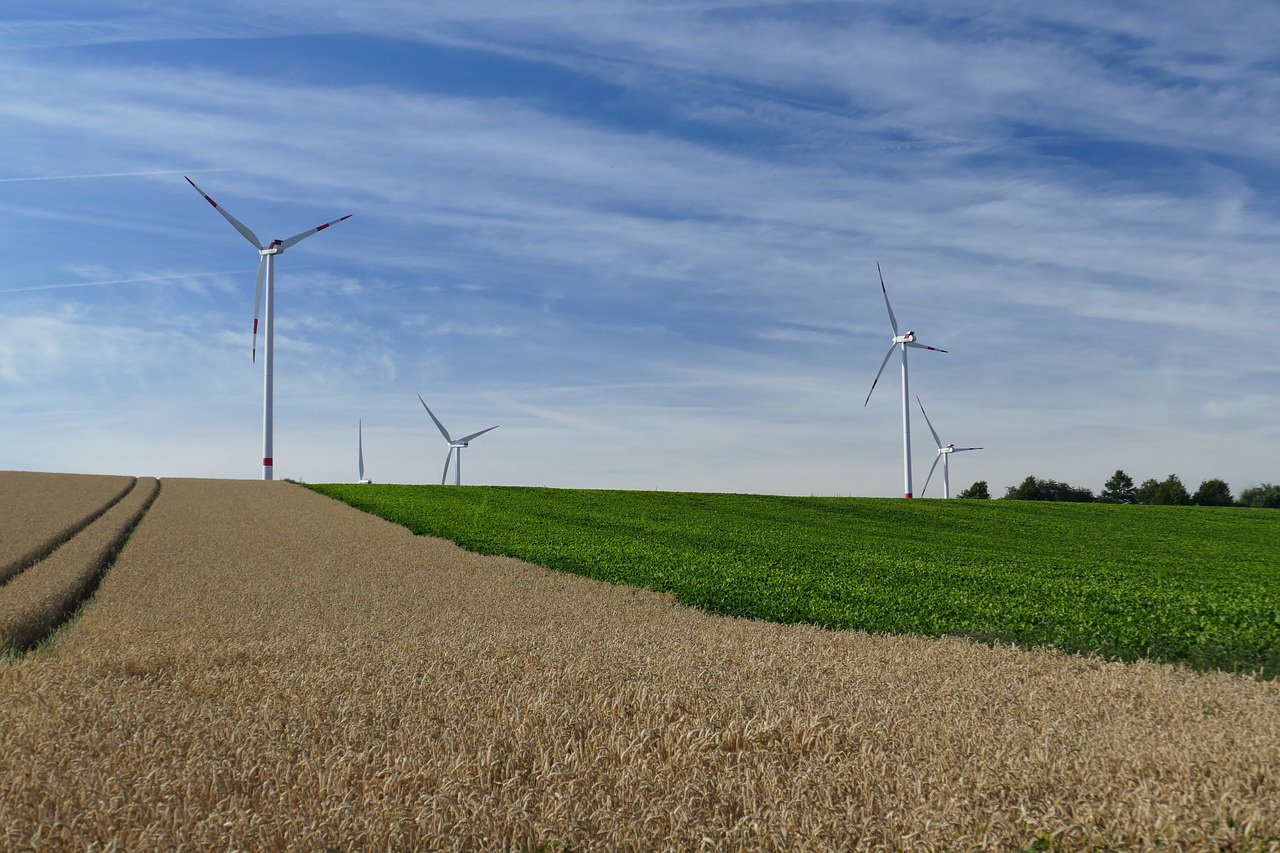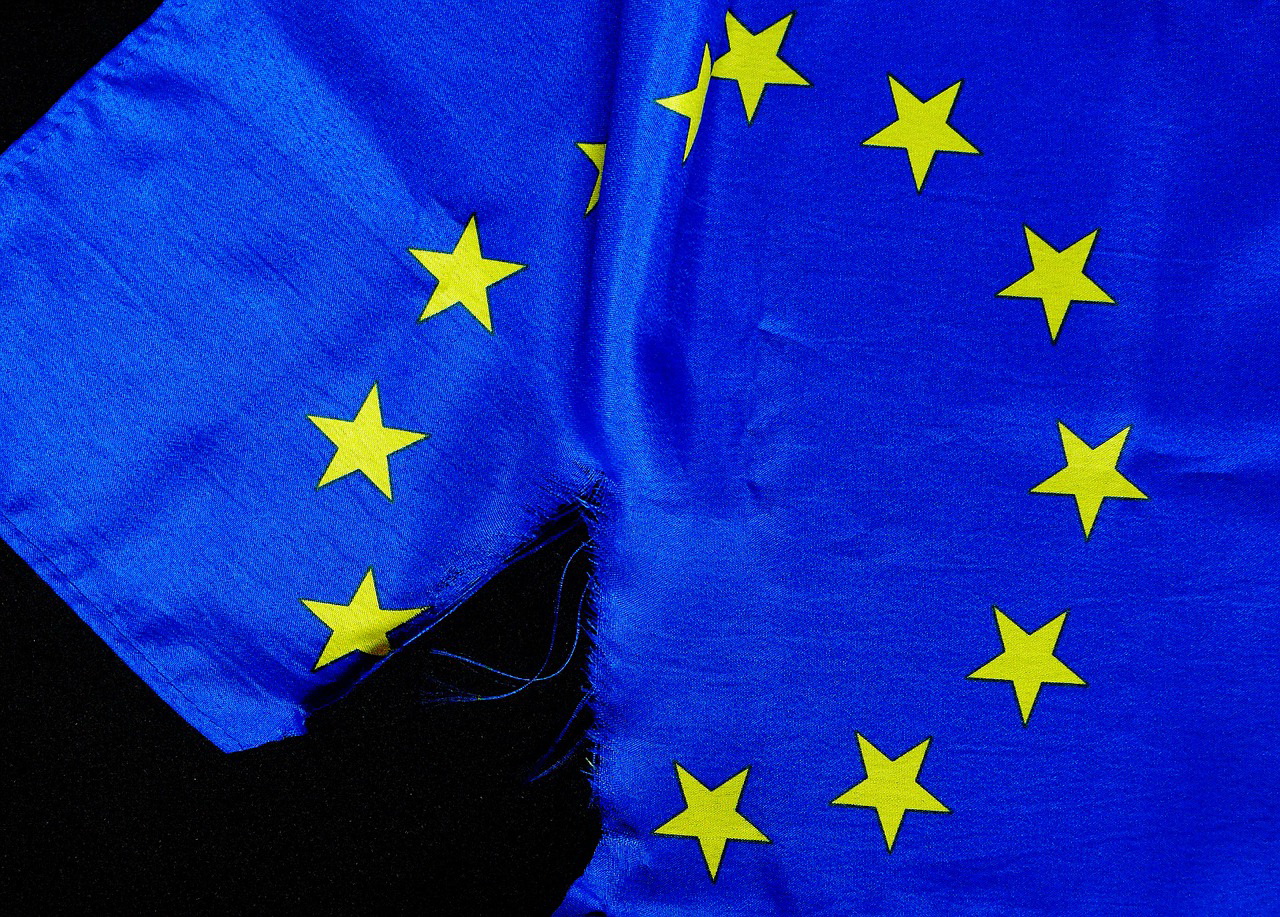POLITHEOR
European Policy Network
European public policy
- Home
- European public policy
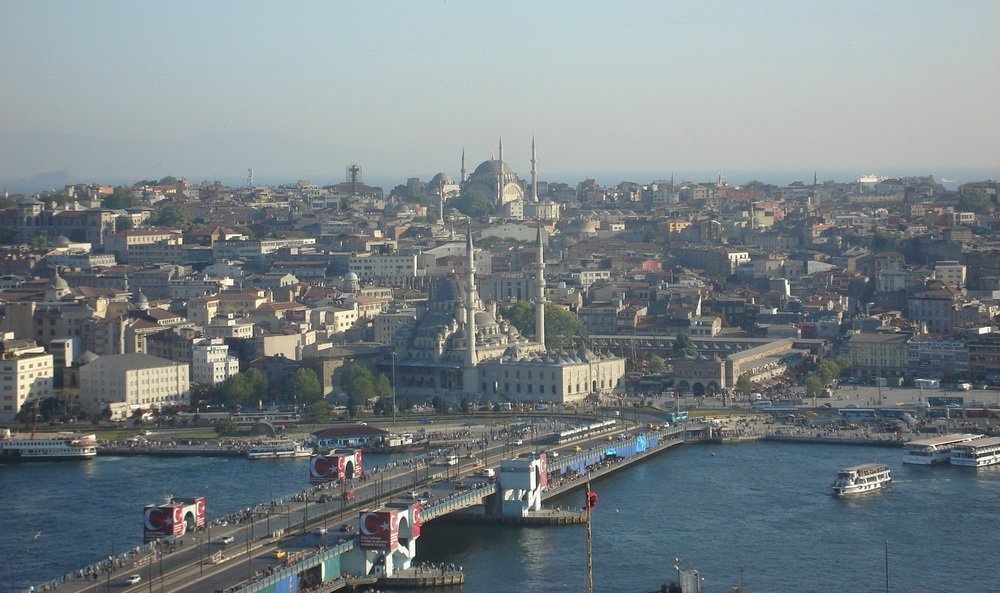
Turkey: Who’s the enemy?0
- International Relations and Global Affairs, Op-ed
- 08/02/2016
The repression of Kurds in Turkey has been a long lasting situation, leading to violent outbreaks between the PKK (Kurdistan Workers’ Party) and the Turkish state. The latest cease fire ended in 21 July 2015 and from then on attacks have been undertaken on Kurd majority areas in southeastern Turkey and northern Iraq, one of the most recent being the killing of 32 on the 10 January 2015.
READ MORE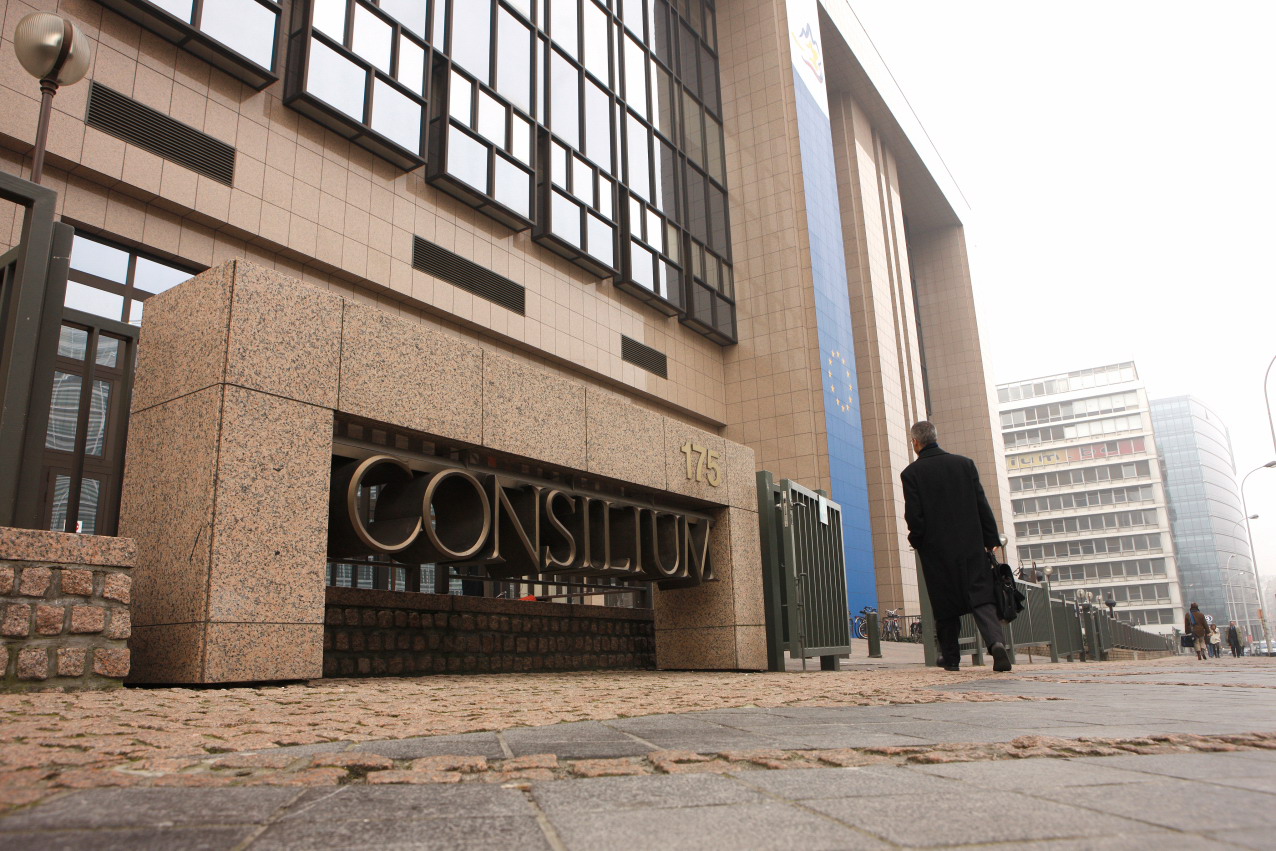
The actual effects of changing formal voting rules in the Council0
- Analysis, EU Governance and Politics
- 30/12/2014
In a recent article conveyed by Politheor.net, Attila Marján put forward numerous assumptions concerning the change of the blocking and policy-shaping power of the Visegrad Group – V4 (Czech Republic, Hungary, Poland, Slovakia) in the post-Lisbon era of the Council of the European Union (Council). The author voiced his concerns amid the most recent changes in the Council voting system ushered in by the 2009 Lisbon Treaty, only to be implemented this November.
READ MORE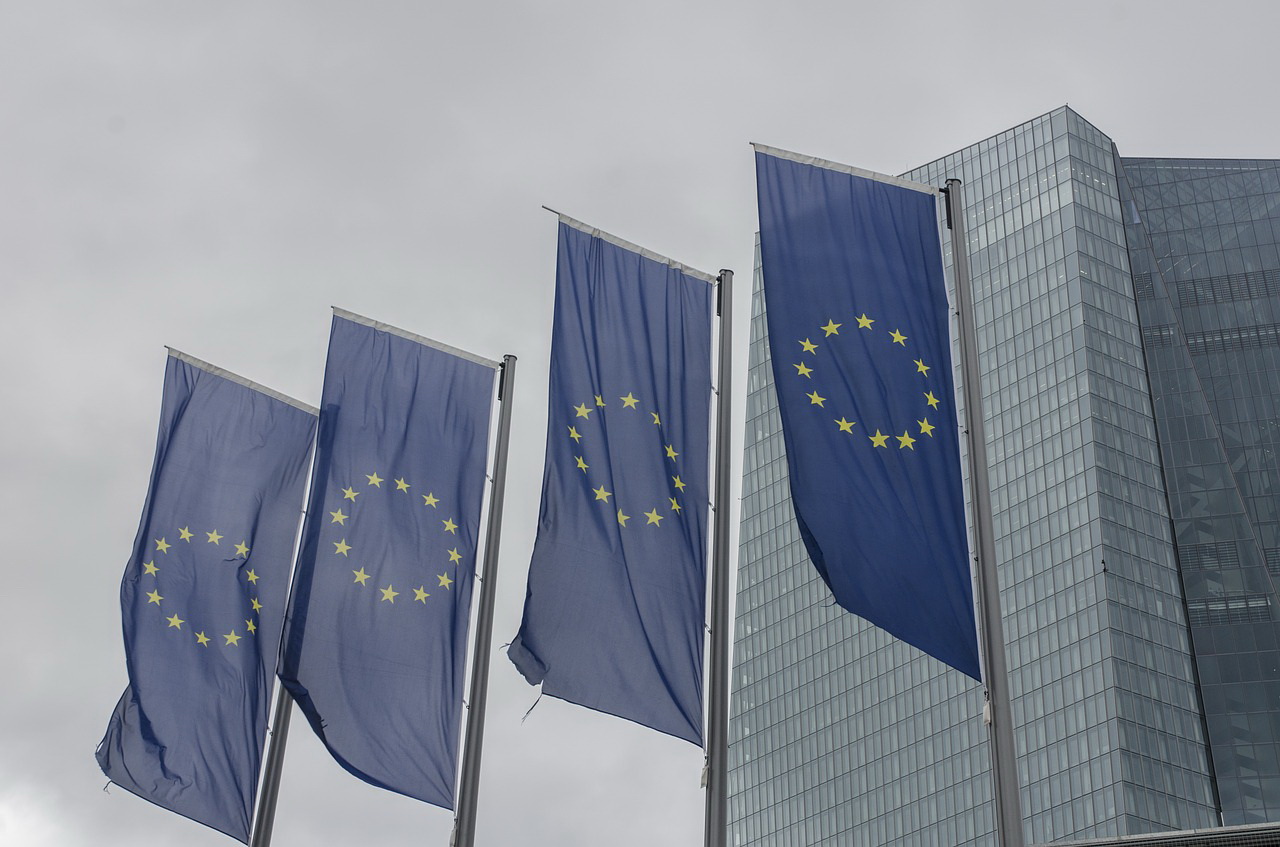
The New EU Voting system – the old west-east north-south division0
- Analysis, EU Governance and Politics
- 23/12/2014
Economic governance reforms and Eurozone consolidation has significant institutional and political consequences: a multiple-tier integration is ever more realistic. „Out” countries seek to mitigate the negative impact of these developments. In this respect V4 – Visegrad countries differ a lot: Slovakia, a relative latecomer in economic reforms is part of the currency union. Poland, Hungary and the Czech Republic are not Euro-members. But even this sub-group is divided: Poland intends to join whenever requirements are fulfilled while the Hungarian and the Czech governments are cool on accession. At the same time, further economic federalisation in the Eurozone is to come. Against this background, the question whether a long-term “great divide” among V4 group countries in relation to their EU policies and consequently their future situation in the rapidly altering EU will be maintained, is of key importance.
READ MORE
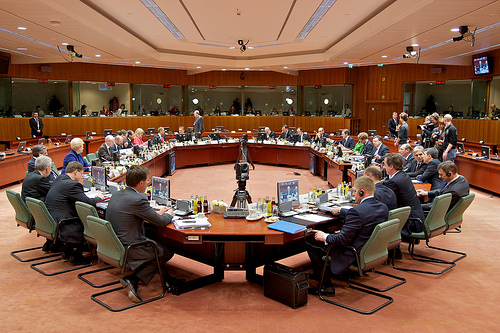
“Consensus in EU politics has become almost an end in itself”0
- EU Governance and Politics, Interview
- 12/11/2014
Interview with a Professor of EU governance from Central European University, Mr. Uwe Puetter
READ MORE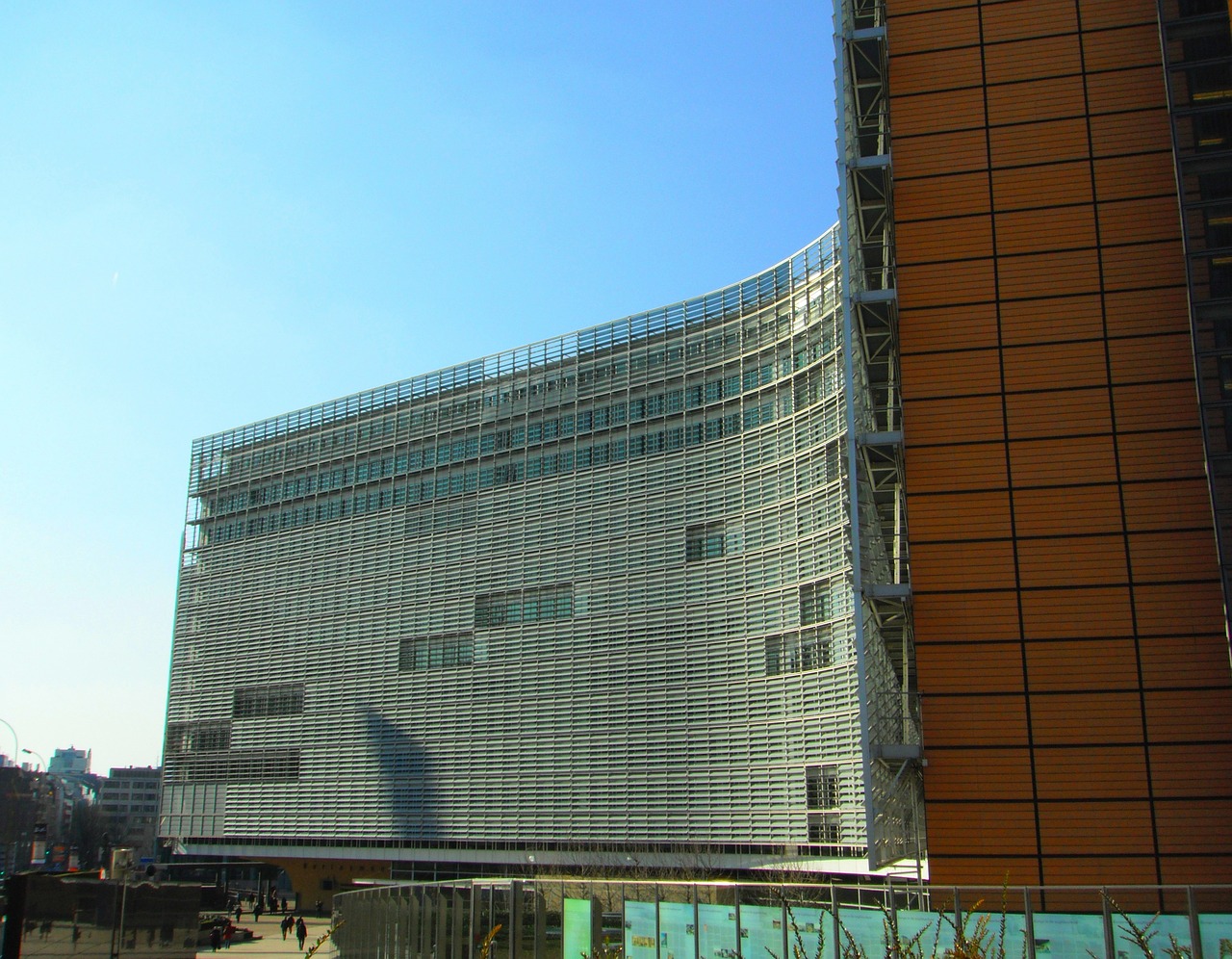
Political Commission: What can we learn from the past and what does the future hold?0
- Analysis, EU Governance and Politics
- 05/11/2014
On 1st of November 2014, the new European Commission with Jean-Claude Juncker as President started its mandate. Among the first public events Mr. Juncker chose to attend are the presentation of Helmut Kohl’s book in Frankfurt and a debate with former Commission President Jacques Delors. The two people he decided to meet have, along with Francois Mitterrand, marked the process of building the Economic and Monetary Union (EMU) in the 1990s. This process is known to be characterized by the strong influence of the Franco-German engine of EU integration and the European Commission with a strong leader, Jacques Delors. I believe most of us can agree that in the meantime, we had three Commission Presidents that hardly left a mark.
READ MORE


